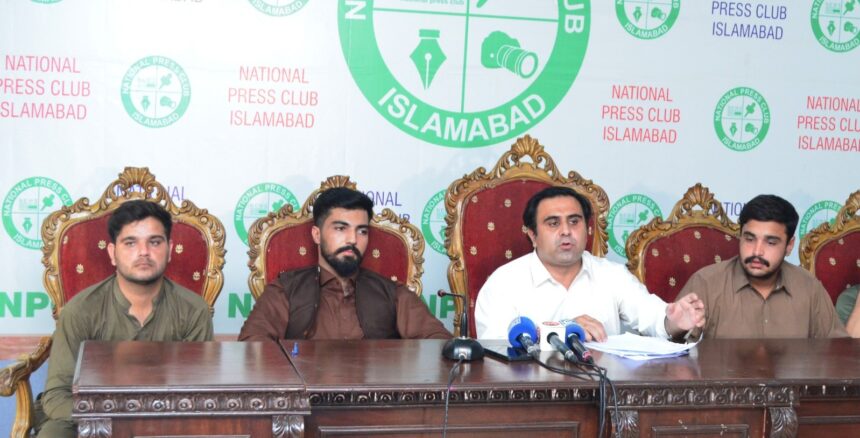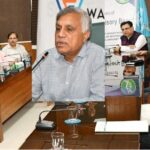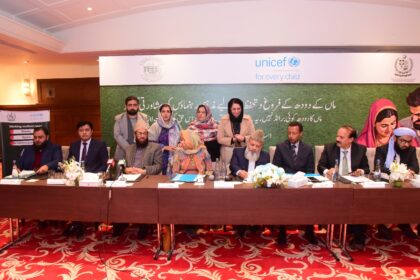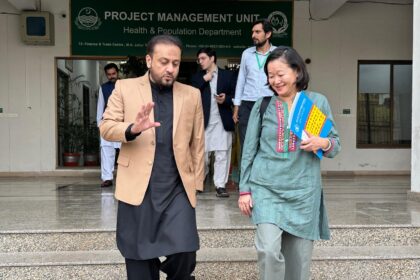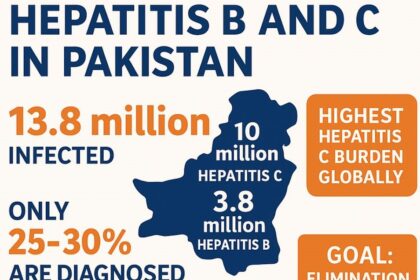Representatives of Pakistani foreign medical graduates (FMGs) warned that thousands of graduates are being denied fair licensing, employment and recognition by the Pakistan Medical and Dental Council (PMDC), and demanded immediate policy changes, transparent procedures and faster registration. At a press conference in Islamabad, FMG leaders outlined a series of grievances against the council’s exam rules, attempt limits, credential recognition and online systems, and called for the PMDC to adopt internationally accepted testing standards and to reopen its portals and registration pathways without delay.
Speakers said PMDC policies are discriminatory and push qualified Pakistani doctors away from serving in the country. Dr. Tahir Khan Sikandari and Dr. Rafi Sheru told reporters that despite years of study and effort, many FMGs have been blocked from obtaining fair licensing and employment. They urged PMDC to stop what they called “anti-FMG” measures and to issue a clear, transparent notification to address their concerns.
A central complaint concerns the National Registration Examination (NRE). FMG representatives said the NRE imposes restrictive attempt limits and narrow work permissions that international licensing exams do not. Unlike global exams such as the USMLE, PLAB and AMC, they said, the PMDC’s NRE restricts FMGs to unpaid house jobs in Pakistan and does not permit full clinical practice or equivalent recognition. They described this as unjust and inconsistent with international practice.
The FMG delegation also criticized the pass standards and exam design. They said Pakistani medical colleges operate with a 50 percent pass threshold, while FMGs face 60–70 percent requirements on NRE exams that they allege have been structured in ways that increase failure rates. They further charged that policy changes have prevented candidates who passed NRE-1 but failed NRE-2 repeatedly from making further attempts, a measure they described as unprecedented and unfair.
Recognition of prior training abroad is another major issue. FMG leaders said house jobs completed at well-equipped hospitals in countries such as China, Russia, Kyrgyzstan and Iran are routinely rejected, forcing graduates to repeat house jobs in Pakistan. They argued this wastes skilled manpower and undermines the value of legitimate overseas clinical experience.
The delegation criticized PMDC’s administrative performance, saying the council has repeatedly failed to hold NRE exams regularly. They contrasted this with the Pakistan Medical Commission (PMC), which they said conducted four exams annually. To address consistency and transparency, the FMG representatives demanded that PMDC contract with an established test provider such as Prometric to administer exams on an international-standard platform.
Delays in certification and licensing were also highlighted. FMG spokespeople said obtaining a good standing certificate and full license can take up to six months, placing particular strain on doctors in remote areas. They urged PMDC to reopen its online portal immediately, and to issue permanent registration (PRMP) within one week of application.
The FMG group said it has united to press the government and PMDC for immediate action and will continue a peaceful struggle until their legitimate rights are secured. They reiterated that FMGs are medical professionals who wish to serve Pakistan and called for fairness, transparency and timely reforms in the licensing and recognition process.




